- Newest
- Most viewed
Interested in a Link Placement?
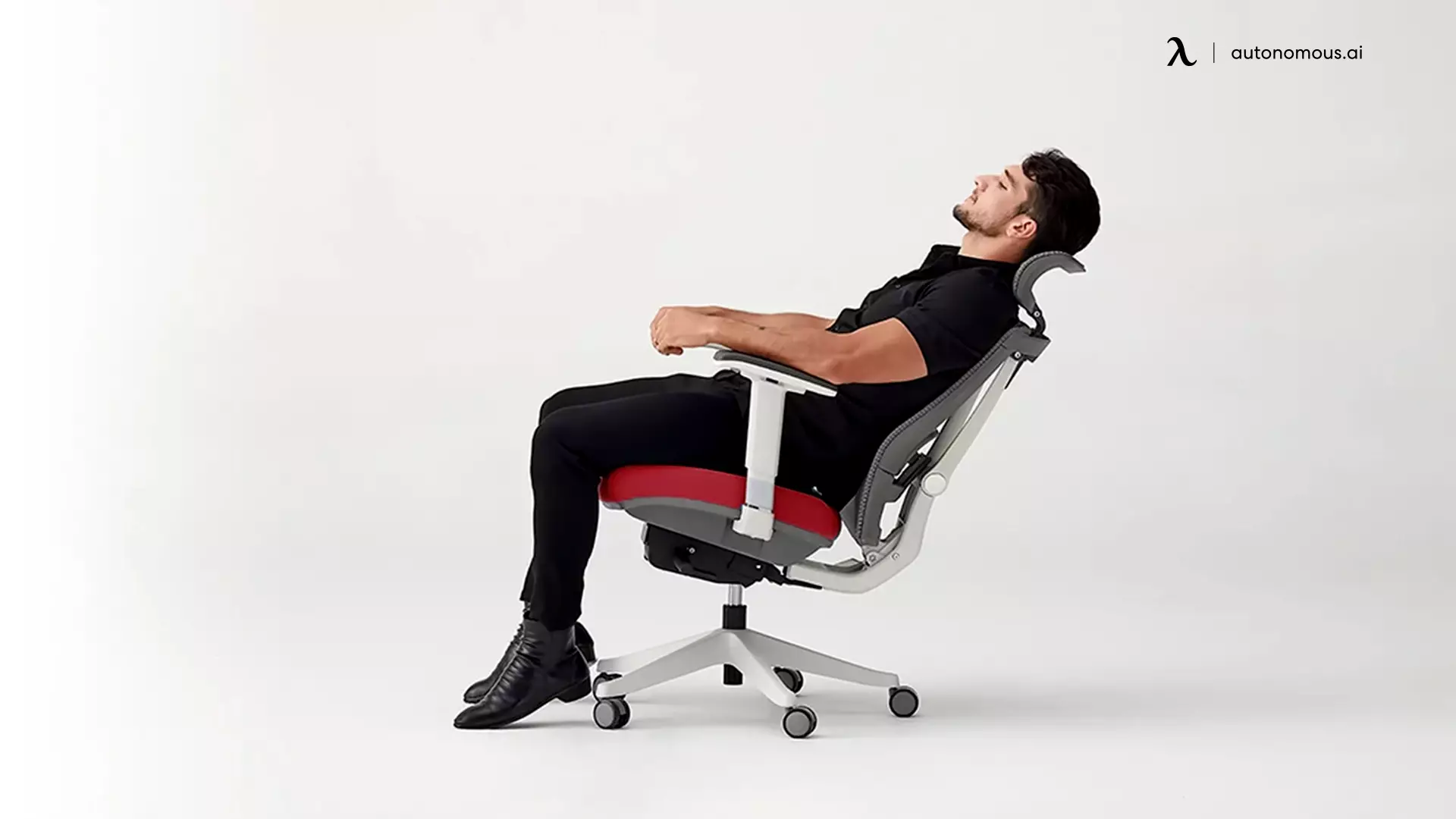
A Guide To Choosing The Best Office Chair Heating Pads
Learn how an office chair heating pad can improve comfort, reduce back pain, and keep you warm during long work hours.
Smart Products | Jul 8, 2025 892 views
.webp)
Should You Buy An Office Chair Under $100? Pros And Cons
Smart Products | Jul 8, 2025 565 views

Wiser App Review: Is It Perfect For Daily Learning?
Latest Updates | Jul 3, 2025 1,002 views

What Is A She Shed? A Guide To Building Your Own Oasis
Smart Products | Jul 3, 2025 631 views
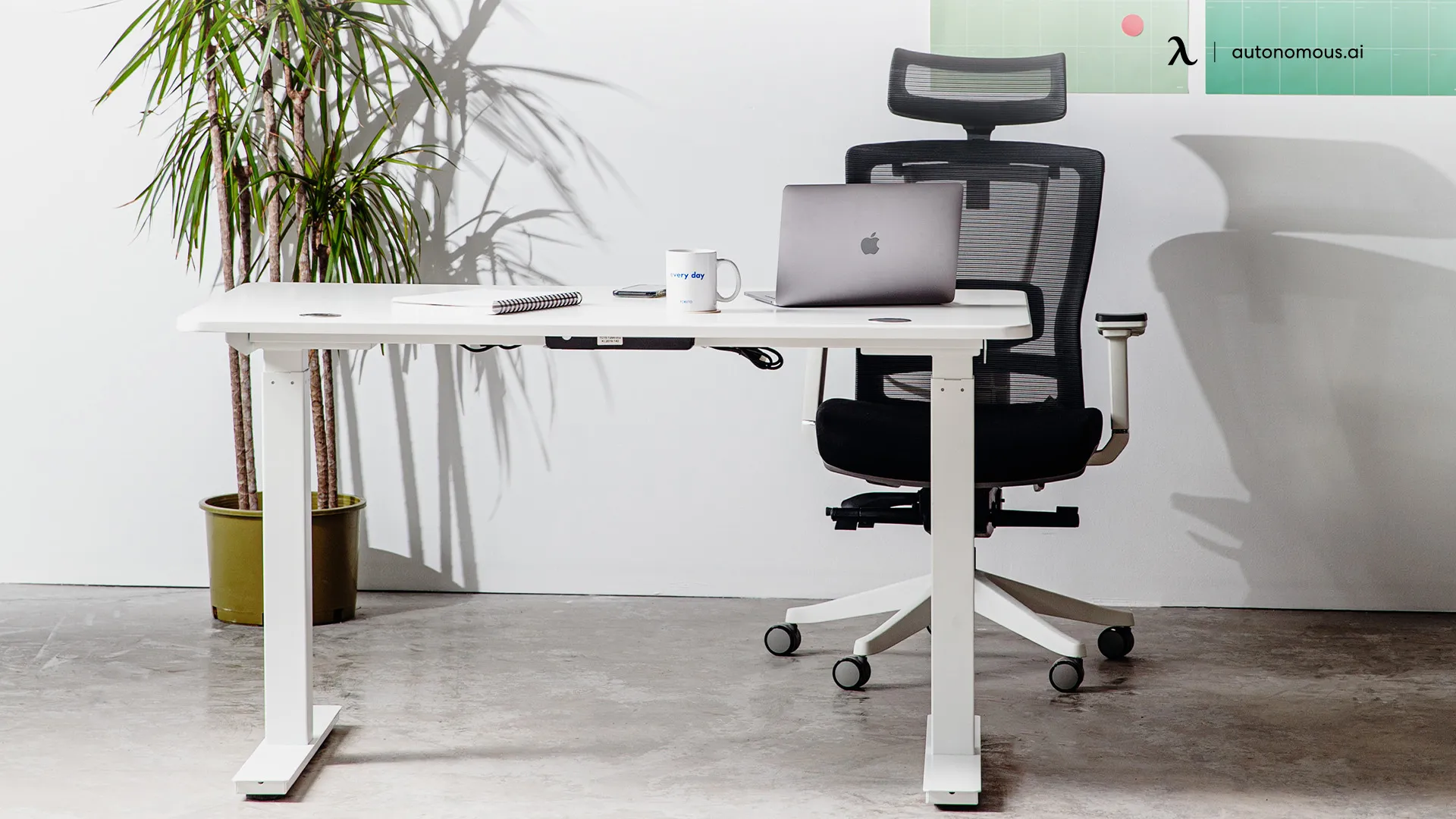
13 Office Chairs For Guitar Players That Hit The Note
Smart Products | Jun 29, 2025 583 views
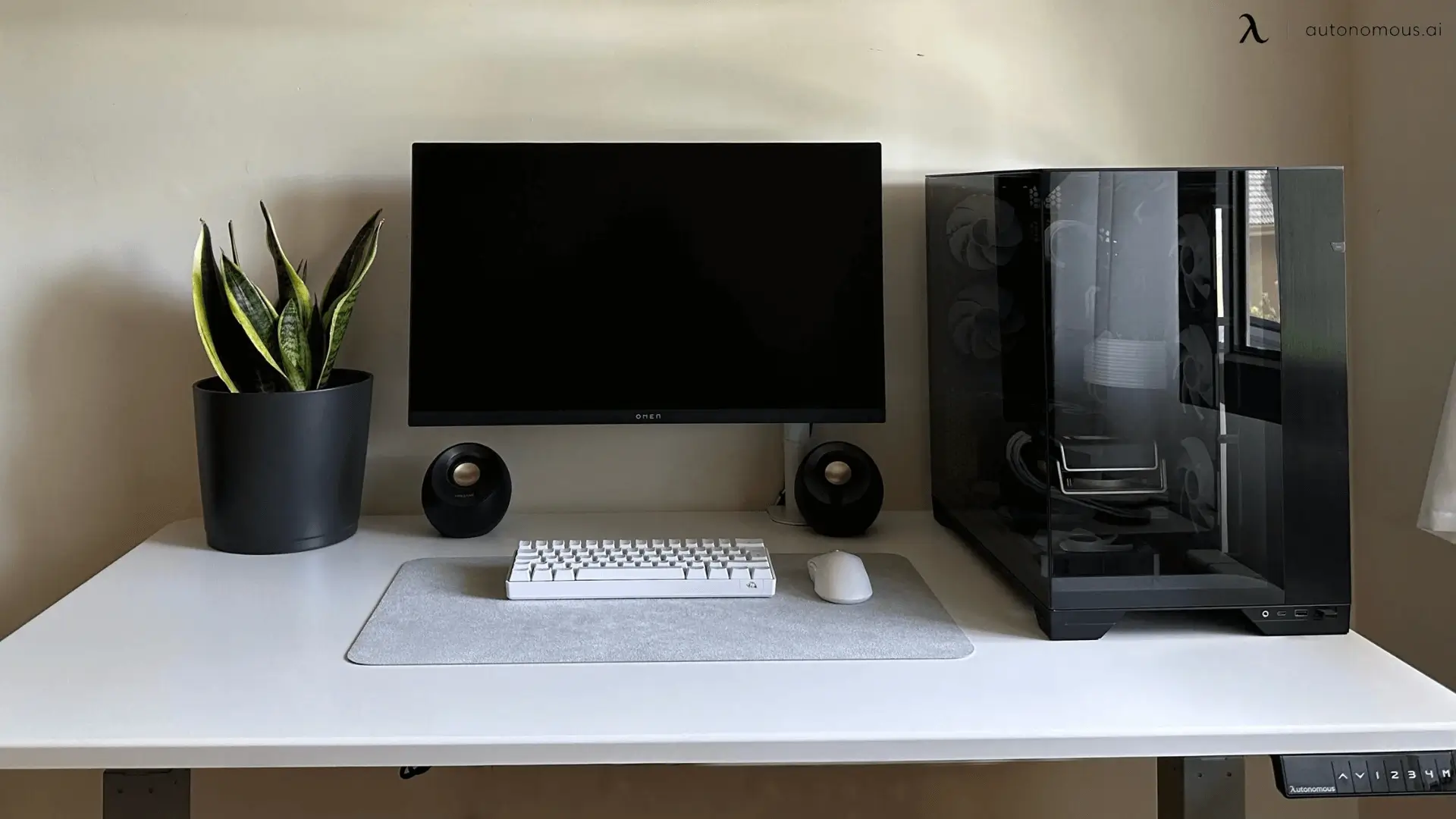
Best Standing Desks in Montreal, Quebec, Canada
Smart Products | Jun 27, 2025 972 views
.webp)
What Is Edge AI? Meaning and Use Cases
Smart Products | Jun 26, 2025 636 views
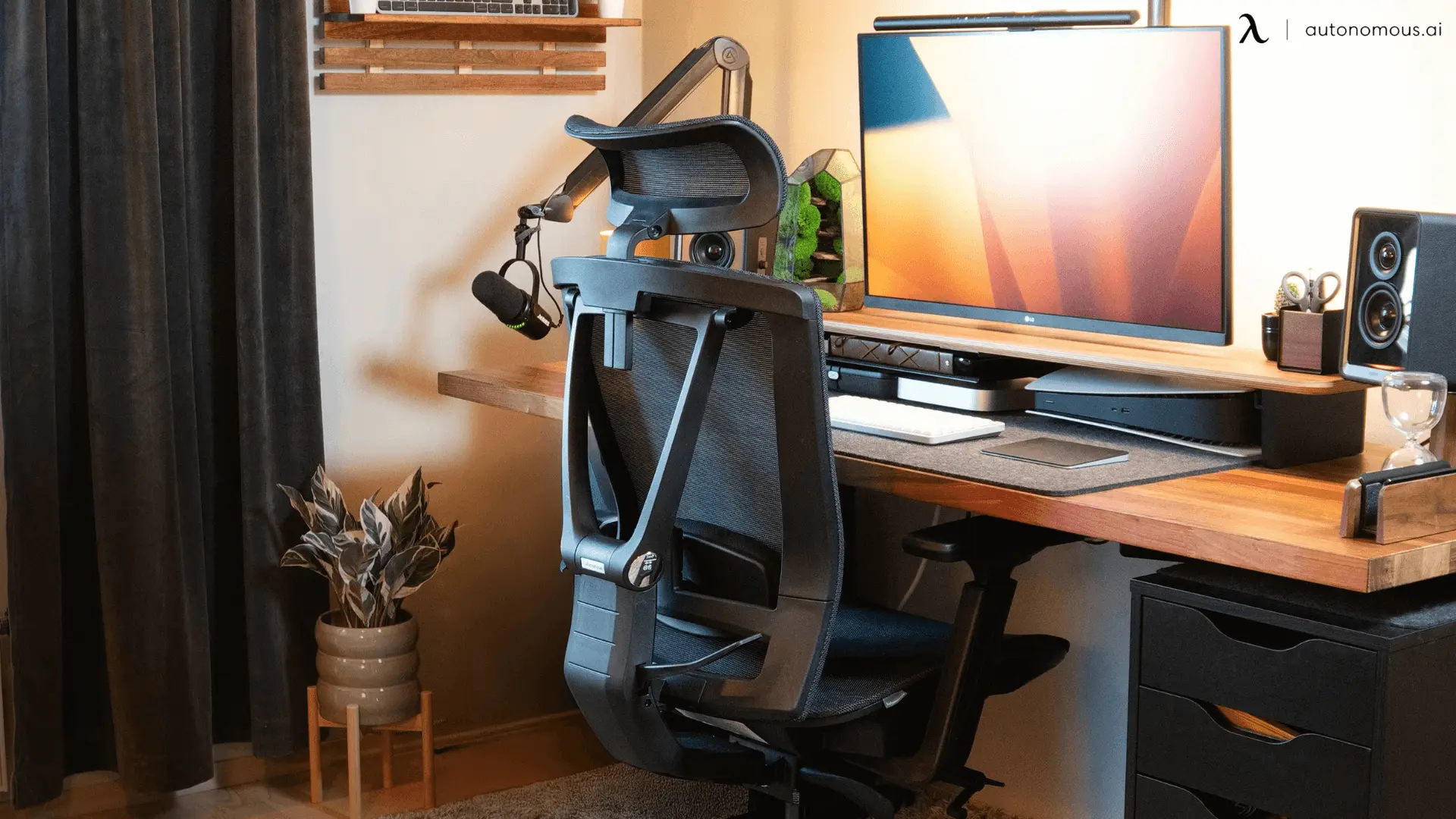
5 Best Ergonomic Office Chairs in Montreal, Quebec, Canada
Smart Products | Jun 25, 2025 1,130 views
.webp)
What Is an AI PC?
Smart Products | Jun 24, 2025 716 views
.webp)
Best 4th of July Tech Deals For A Smarter, Calmer Life
Latest Updates | Jun 20, 2025 850 views
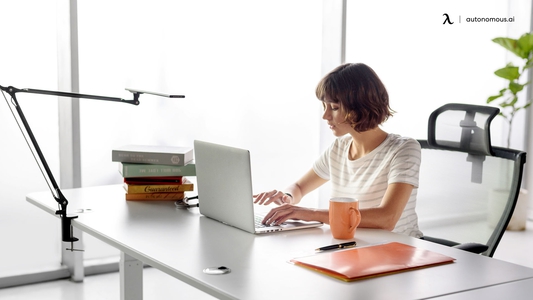
Upgrade Your Space With The Furniture 4th of July Sale
Latest Updates | Jun 20, 2025 773 views
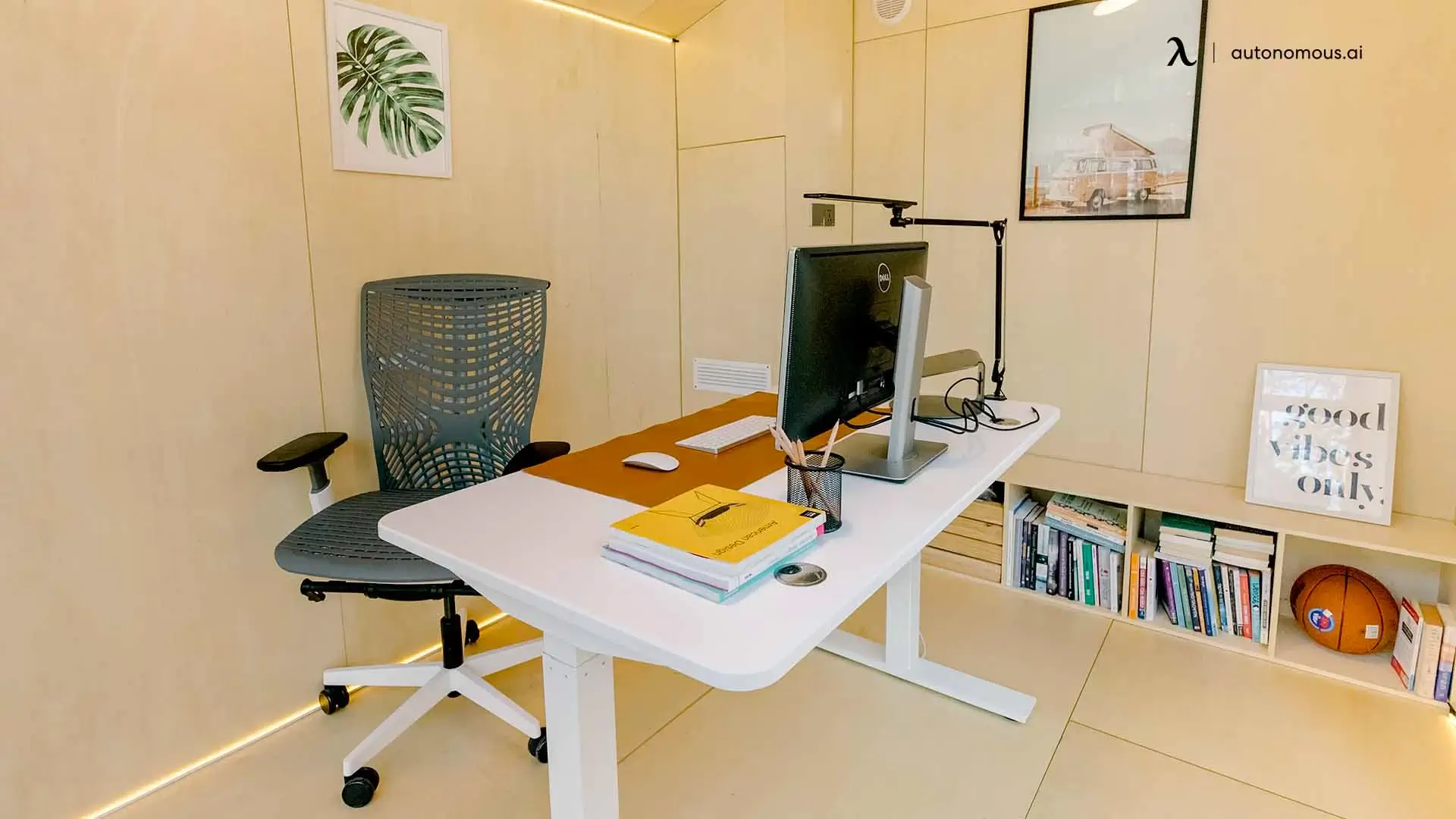
Deep Work Quotes to Inspire Focus and Productivity
Productivity | Jun 19, 2025 1,062 views
.svg)


.webp)


